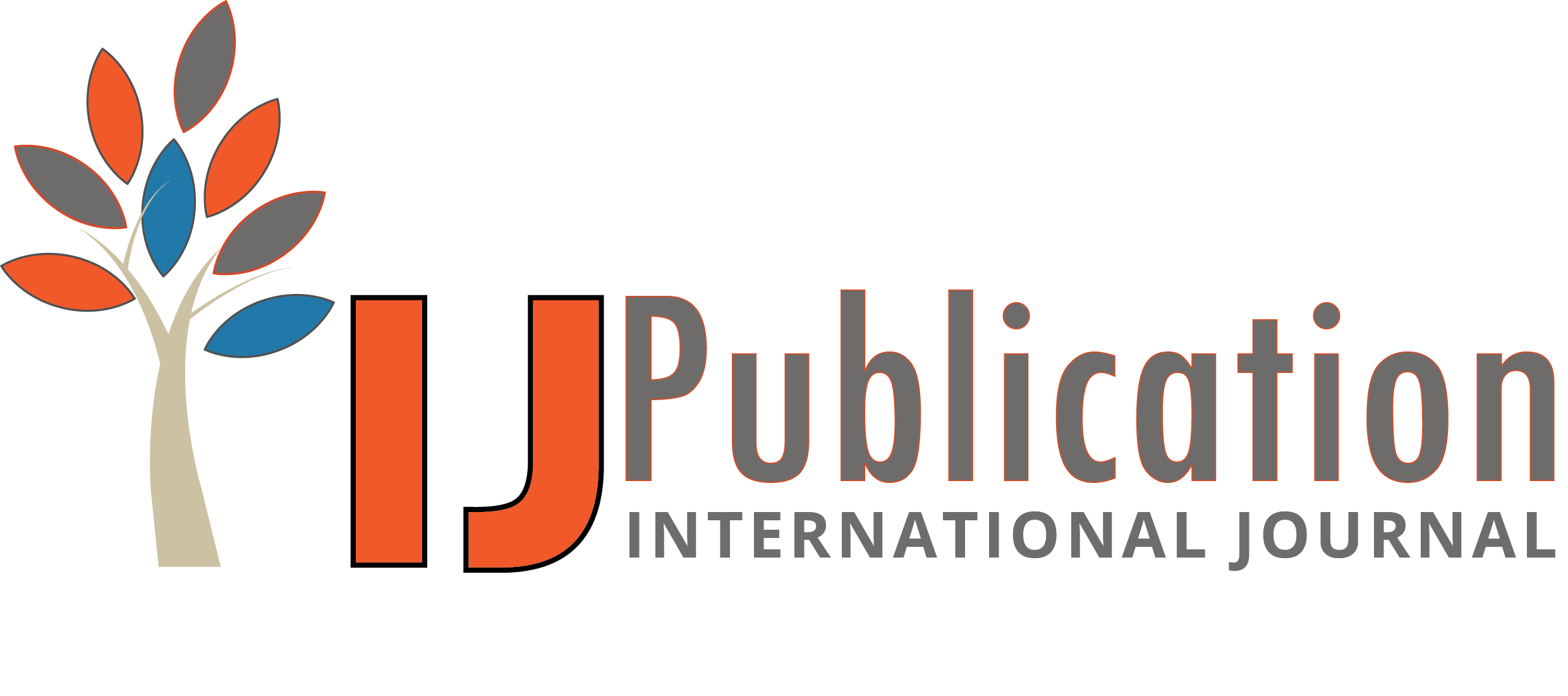Neena Dash Reviewer
28 Jul 2025 04:02 PM
 Approved
Approved
Relevance and Originality
The study offers a compelling contribution to the field of sustainable education by addressing the pressing need to embed ecoliteracy in higher education systems. Its significance lies in articulating how curricular reforms can catalyze a shift toward environmental consciousness among future professionals. The approach is original in its thorough mapping of both conceptual frameworks and instructional strategies. Key concepts such as ecological awareness, systemic thinking, and pedagogical innovation affirm the work’s originality and reinforce its alignment with global education and environmental goals.
Methodology
The review employs a methodologically sound process anchored in the PRISMA model, showcasing transparency and academic discipline. It provides a stepwise breakdown of literature sourcing, selection, and evaluation that enhances reproducibility. The structured inclusion and exclusion parameters lend clarity, and the screening of 567 articles down to 35 ensures focused analysis. However, the methodology would benefit from integration of mixed-method validation, especially practitioner interviews or case evaluations, to triangulate findings beyond academic texts.
Validity & Reliability
Findings in the article are supported by robust cross-referencing of scholarly literature and are consistently linked to the research objectives. The choice of peer-reviewed and recent publications strengthens trustworthiness, while the critical appraisal of literature helps in minimizing bias. The outcomes resonate across different disciplinary lenses, which contributes to internal coherence. Yet, the absence of regional case variation limits the extent to which conclusions can be universally applied, suggesting room for broader empirical validation.
Clarity and Structure
This work is marked by strong structural discipline and intellectual clarity. The narrative unfolds logically from contextual background to practical implications, making complex ideas accessible to both scholars and educators. Definitions are clearly established, and transitions between sections are smooth, facilitating reader engagement. The inclusion of pedagogical frameworks and thematic clusters demonstrates effective information organization. That said, streamlining dense theoretical references could improve readability. Core ideas such as transdisciplinary learning, educational frameworks, and knowledge transfer are cohesively presented.
Result Analysis
The article delivers an insightful and multi-faceted interpretation of how ecoliteracy can be operationalized through various teaching modalities. The exploration of experiential and inquiry-driven approaches is particularly effective, and the synthesis of global best practices offers practical value. Conclusions are drawn with thoughtful alignment to the reviewed evidence, offering actionable recommendations for institutions and policymakers.








Neena Dash Reviewer